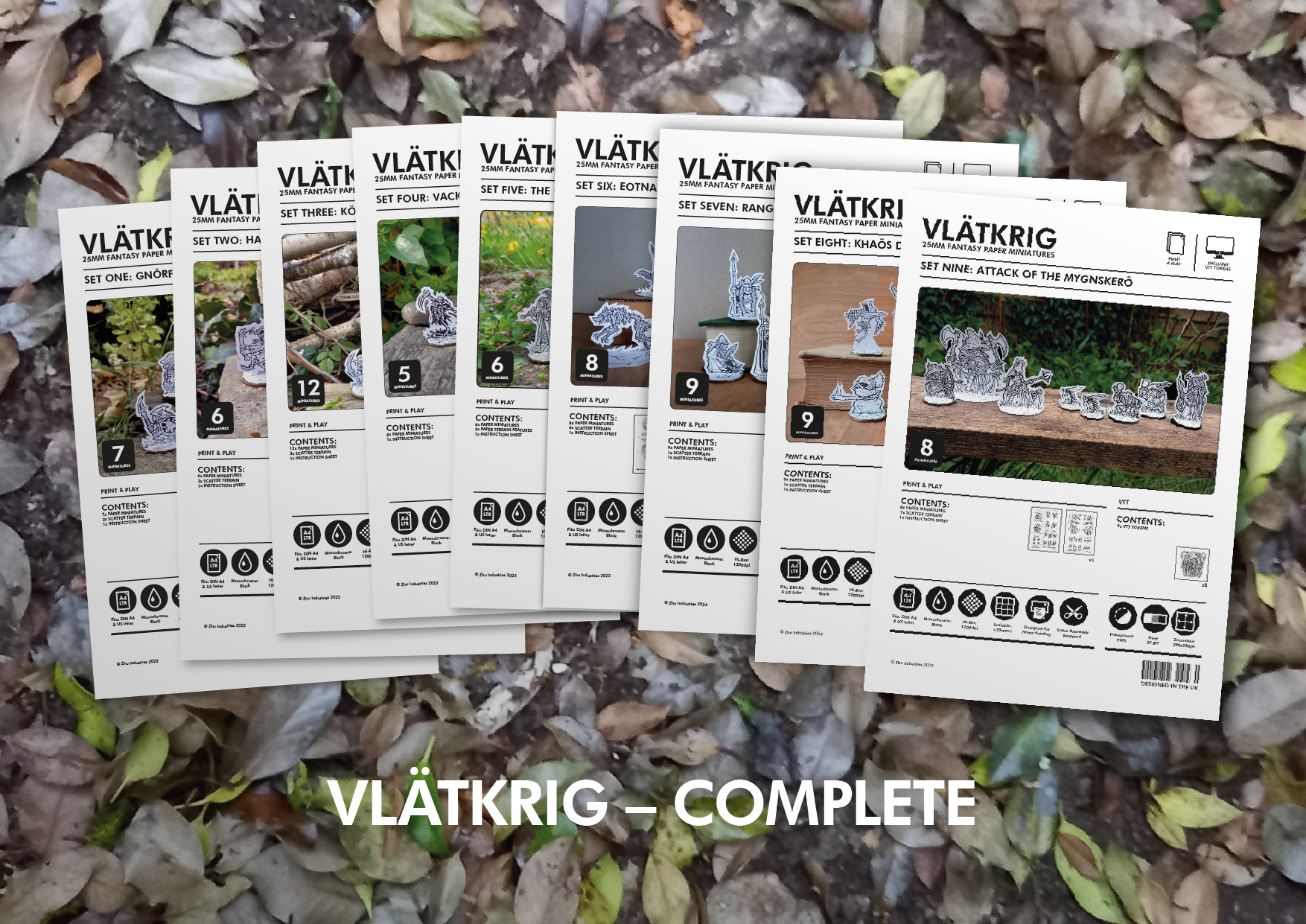I'm very happy to send you over to the excellent We Are The Mutants to read When Warhammer Was Radical.
If you're not already a regular reader over there, you probably should be:
We Are The Mutants is a weekly updated magazine focusing on the history and analysis of Cold War-era popular and outsider culture, with a strong emphasis on speculative (sci-fi, fantasy, horror), genre, pulp, cult, occult, subculture, and anti-establishment media. We cover everything from underground comics and post-apocalyptic fictions to ufology tropes and space disco.
WATM produce a lot of thought provoking and curious content, picking off the crust of nostalgia that accumulates around pop-culture in an erudite and enthusiastic manner, exposing the raw material underneath, covering everything from Japanese Transformers Advertising to British Ghost Train design.
When Warhammer Was Radical. mostly about how the political and cultural references in early Warhammer created an anti-establishment alternative to mainstream fantasy, producing a body of work diverse in its representation of gender, class and race. While no means unproblematical, early Warhammer actively engages with the colonialist tropes, eurocentric biases, sexist fantasy tropes and the political millieu that other fantasy games left largely unexamined.
If you enjoyed When Warhammer Was Radical and it has whet your appetite for more, several blog-posts I've written over the years go into more detail on some of the themes mentioned, may be of interest:
- Lustria Pygmies Afrofuturism and stereotyping in 1980s Warhammer.
- McDeath and the Miners Strike 1984-85 Satire, Semiotics, Marxism and Militant Dwarves.
- Amazonia Archeo-ideology 2nd Wave Feminism and 2nd Edition Warhammer.
- Gothic Futurism Rammellzee, Hip-hop and the ideological warfare of architecture in the 40k Universe.
- Furui Hanma: Men of the East: siouxie sioux, swastikas and facist super-soldier samurai.
Also like to thank Michael Grasso and K.E Roberts, for accepting the pitch, providing intelligent and insightful editorial feedback, and publishing the piece.
I hope you've enjoyed When Warhammer Was Radical. If you'd like to support the work we do at The Realm of Zhu, or elsewhere, consider dropping us a Ko-fi, buying some DIY floor-plans or treating yourself to a t-shirt. Thanks!




Really enjoyed the article, Zhu.
ReplyDeleteI was born in 1983 so too young to appreciate early Warhammer at the time, so I'd like to know what you mean by the term "mainstream fantasy" of the day, to which Warhammer could be considered an alternative?
I should clarify my wording: "What works of fiction were considered 'mainstream fantasy' in 1983/4?" is a more accurate rendition of my question.
DeleteHi Douglas. Glad you enjoyed the article. I do directly contrast some aspects, with specific works, but for a more general early 80s millieu, looking at Howard, Tolkien, Gygax and their legacy. Terry Brooks. Anne McCaffery. Piers Anthony, David Eddings, John Norman, Frank Frazetta, Boris Vallejo, Jeff Easley, Chris Achilleos. etc.
ReplyDeleteExcellent write-up! I'm going to have to spend some time going through the other articles you linked there as well. Thanks!
ReplyDeleteHey Westrider! Thanks for the comment. Hope you enjoy the other pieces too.
DeleteGreat article!
ReplyDeleteCheers Mr Warburton!
Delete